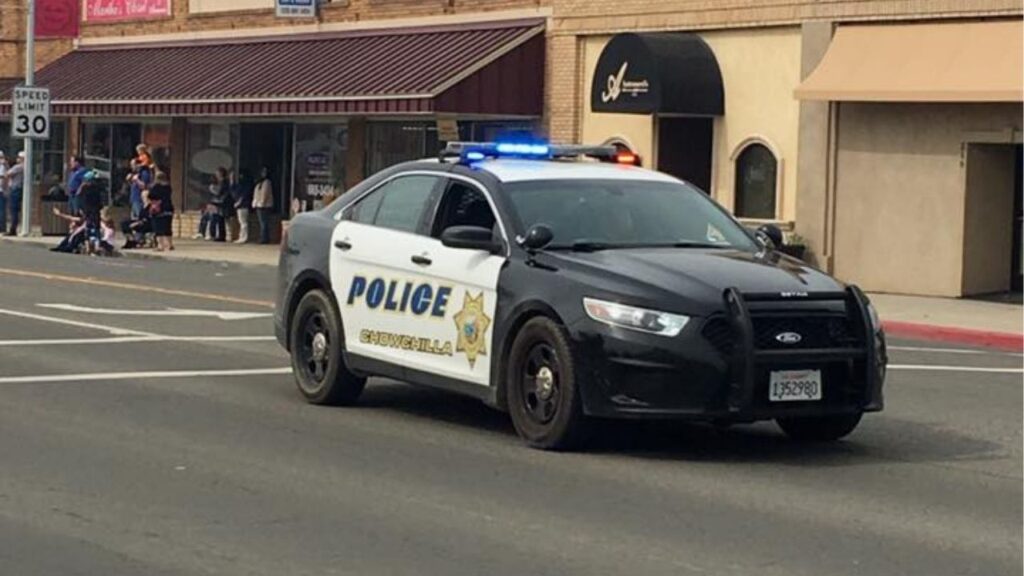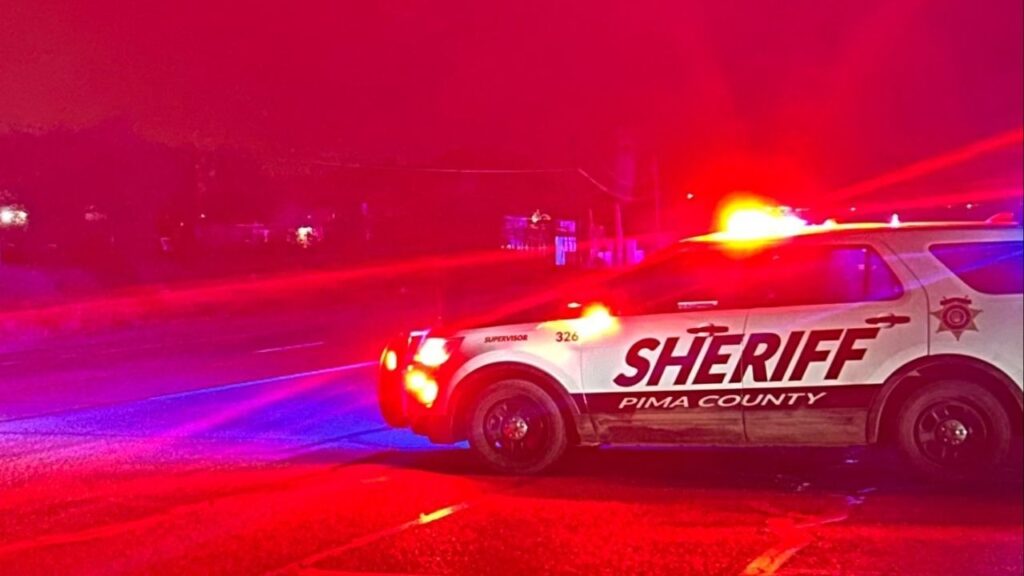Share
Fresno County added 1,763 new COVID-19 cases on Christmas and the day after, and had just 8 ICU beds available as of Saturday. Across the San Joaquin Valley ICU capacity fell to 0% again over the long holiday weekend.
“There’s going to come a time if we overwhelm the system, that we’re going to have to make a decision,” said said Dr. Patrick Macmillan who works in palliative medicine at Community Medical Centers. “If there’s one ventilator, and there’s two people that need that ventilator, only one person is going to get that ventilator because there’s no more ventilators to go around.”
The pandemic has claimed the lives of 646 Fresno County residents.
Macmillan walked reporters through a scenario in which the hospital system becomes overwhelmed with COVID-19 patients after the Christmas and New Year’s holidays. “That’s what I’m talking about when we get to a place (like this), and nobody likes to think about this.”
Even admitting people to the hospital may require a higher threshold.
Local leaders are practically begging people to look out for themselves and their fellow citizens. “Given the current crisis of decreasing ICU beds and rationing of medical services, we are imploring our residents to take every safety precaution, especially wearing a face covering or mask and avoiding large gatherings,” says Fresno City Council Member Luis Chavez.
“As the resources get more and more limited, then we have to make more and more hard decisions about who, for example, needs to be admitted and what the threshold for admission would be,” explained Fresno County Interim Health Officer Dr. Rais Vohra. “This whole conversation is called ‘crisis standards of care.'”

“As the resources get more and more limited, then we have to make more and more hard decisions.”– Fresno County Interim Health Officer Dr. Rais Vohra
Crisis Standards of Care
The American Medical Association and seven other national organizations issued a joint statement last week calling for readiness to quickly implement crisis standards of care to meet the surge and protect the health care system from functional collapse.
“There’s just a lot of literature that’s now available about how to make this transition happen,” says Vohra. “It’s really a continuum in many ways. We’ve already operated in a crisis mode.”
Vohra says the hospital already consults with a panel about how much of the COVID treatment Remdesivir they should give to patients. “That was started because it (Remdesivir) was a limited resource,” says Vohra.
Crisis standards of care are implemented when shortages in health care resources—such as clinical staff, hospital beds and medications—are so severe that conventional standards and processes are no longer sufficient, according to the AMA.
“We call on governors, health departments, hospitals and other health care sector partners to act immediately to be prepared to implement crisis standards of care,” says the AMA statement, developed by the National Academy of Medicine. These stakeholders “all have a duty to prepare so that the death toll is as small as possible and clinicians are not forced to make agonizing decisions in a vacuum without guidance, training or a considered process.”
“We have reached a point in the crisis at which critical decisions must be made in order to do the most good possible for the largest number of people with limited resources,” the statement says.

“If there’s one ventilator, and there’s two people that need that ventilator, only one person is going to get that ventilator because there’s no more ventilators to go around.”–Dr. Patrick Macmillan, palliative medicine at Community Medical Centers
Domino Effect
Emergency department doctors say ambulances are bringing patients to hospitals, but with limited bed space the ripple effect is felt all the way down to the waiting room.
“Patients who are sick and need to be admitted to the hospital are waiting in the emergency room for hours, sometimes days before they can go elsewhere,” said Dr. Anneli von Reinhart who works in the emergency department at CRMC. “Our EMTs and paramedics are bringing people in and we don’t have anywhere to put them.”
Reinhart says the situation has gotten so bad, patients are lined up in hallways waiting to get off the EMS gurneys, or waiting to even get out of the ambulance and into the emergency department.

“That means there are no EMTs and paramedics free to respond to new calls.”–Dr. Anneli von Reinhart, works in CRMC Emergency Department
“That means there are no EMTs and paramedics free to respond to new calls,” explains Reinhart. “In this system that is stretched so thin, when you have a heart attack, when you’re in a car accident, when you call 9-1-1-, it’s going to take longer than usual for an ambulance to get to you.”
Just a few weeks ago, Fresno, Kings, Madera and Tulare counties began sending paramedics with ambulances to determine whether a patient even requires transport to a hospital emergency room. If it’s determined that a patient doesn’t need to go to the ER, they will be advised to drive themselves to a nearby urgent care clinic. “This is precedent setting,” said Dan Lynch, director of emergency services for Fresno County.
Caught in a Vicious Circle
Issues compounding on top of issues is leading to more than just problems that can be seen.
“We feel caught in a vicious circle,” acknowledges Vohra. He says there are space issues, staffing issues, supply issues, and sanity issues. “Meaning staff burnout and fatigue and moral injury (to healthcare staff).”
The AMA says many doctors have also had to confront ethical challenges, leading some to wonder whether their actions still point true north on their moral compasses. Physicians practicing in this stressful situation are susceptible to moral distress because they may not be able to do what they think is the right thing to do in a given situation due to some restraint—for example, having to ration limited resources, see patients virtually or postpone preventive care.
Vohra says, “These hard decisions are happening not just once a day, but but almost every hour.”
WATCH: Community Medical Centers: ‘COVID-19 is Real’
RELATED TOPICS:
Categories

Pentagon to Send 200 Troops to Nigeria

FDA Refuses to Review Moderna Flu Vaccine

















